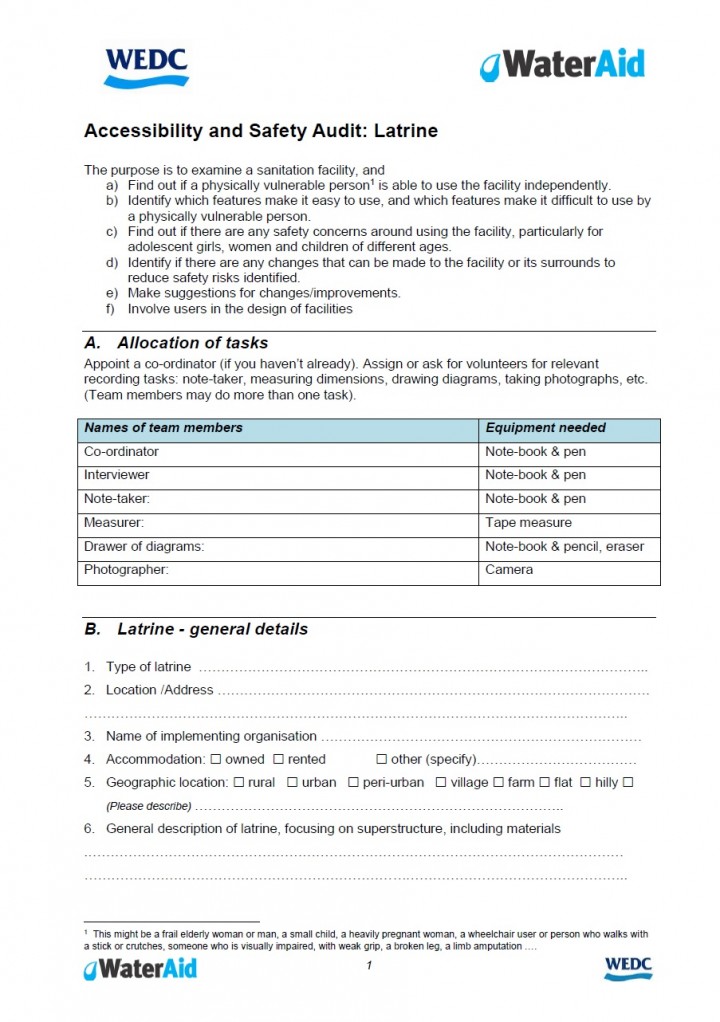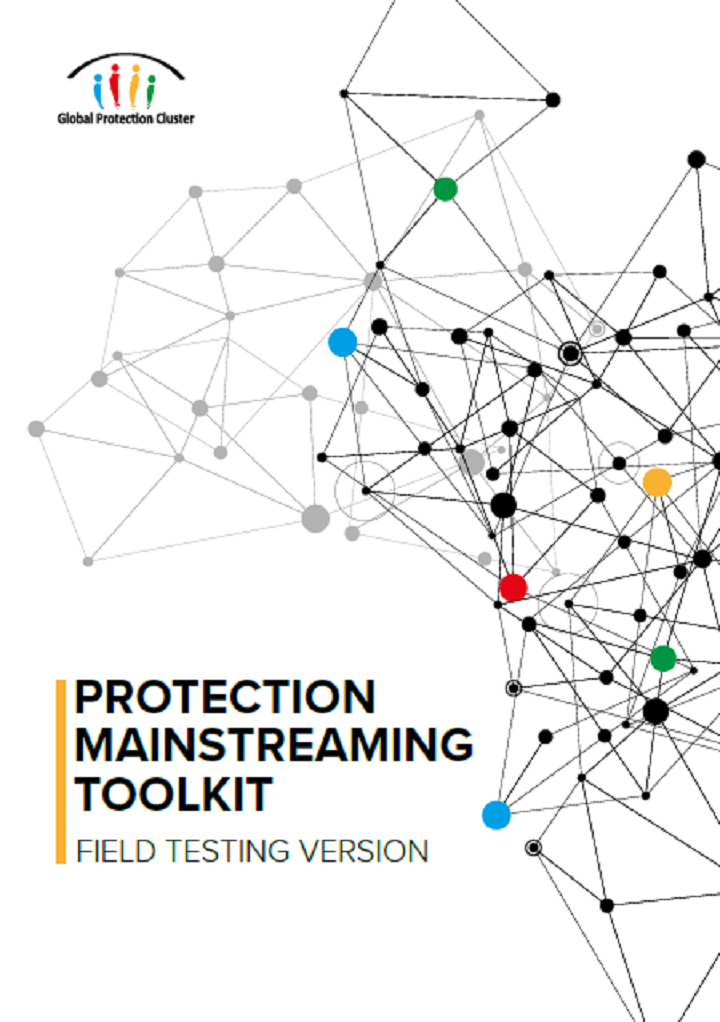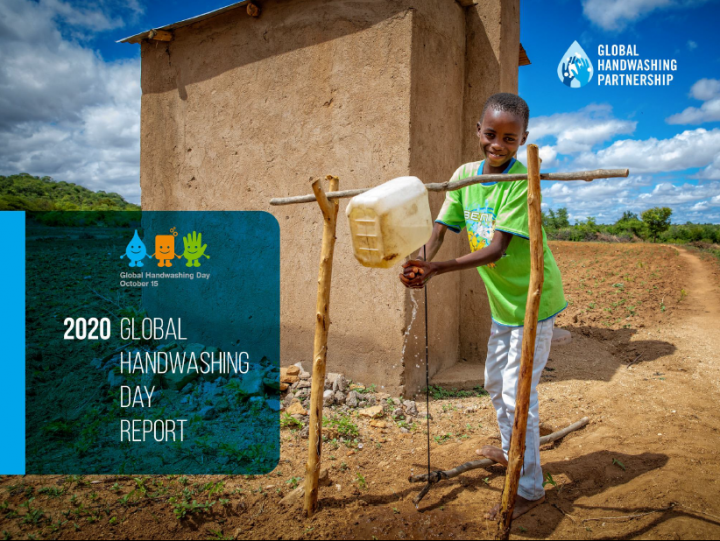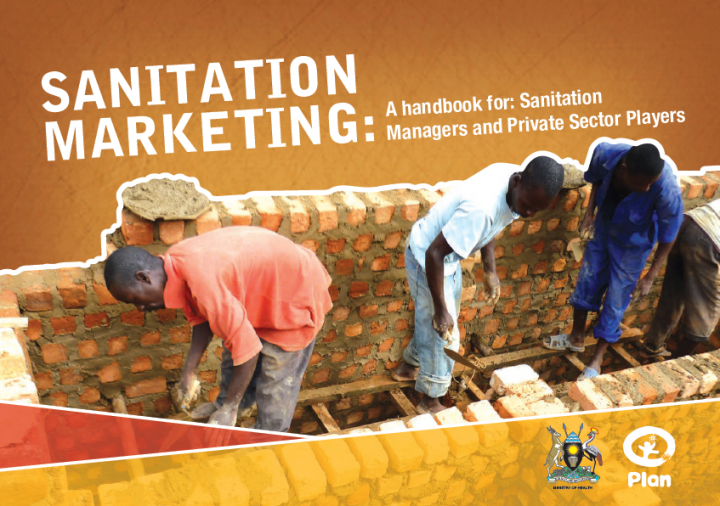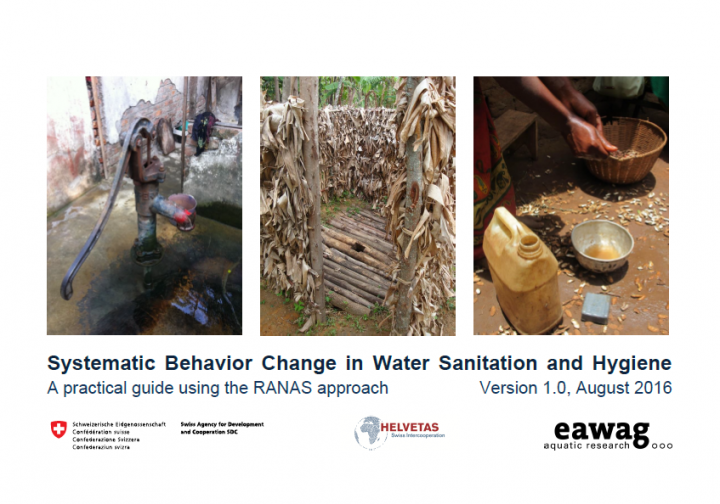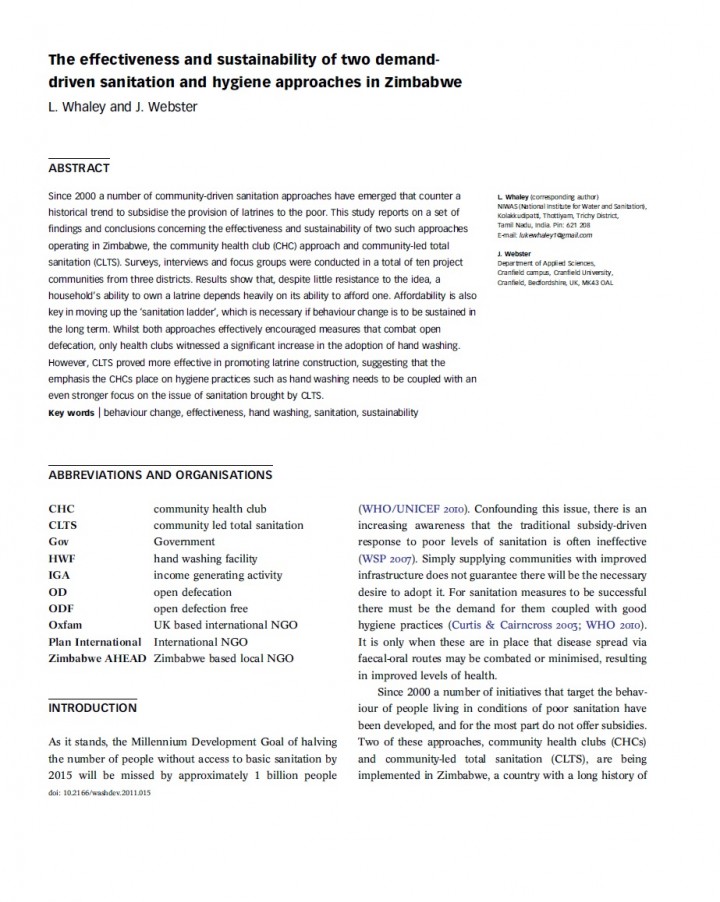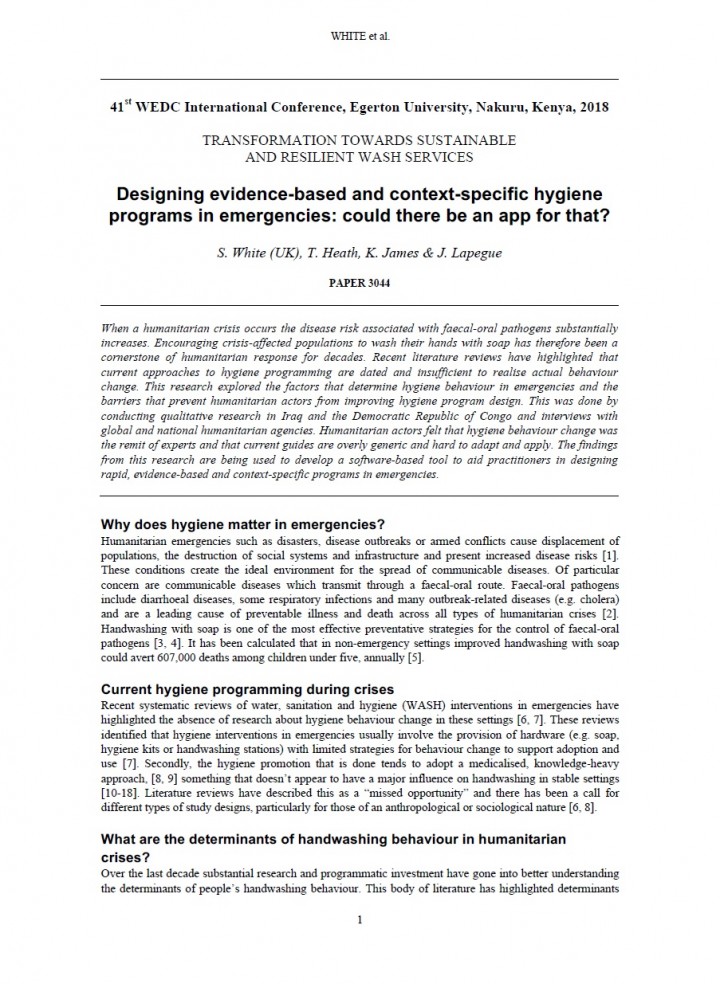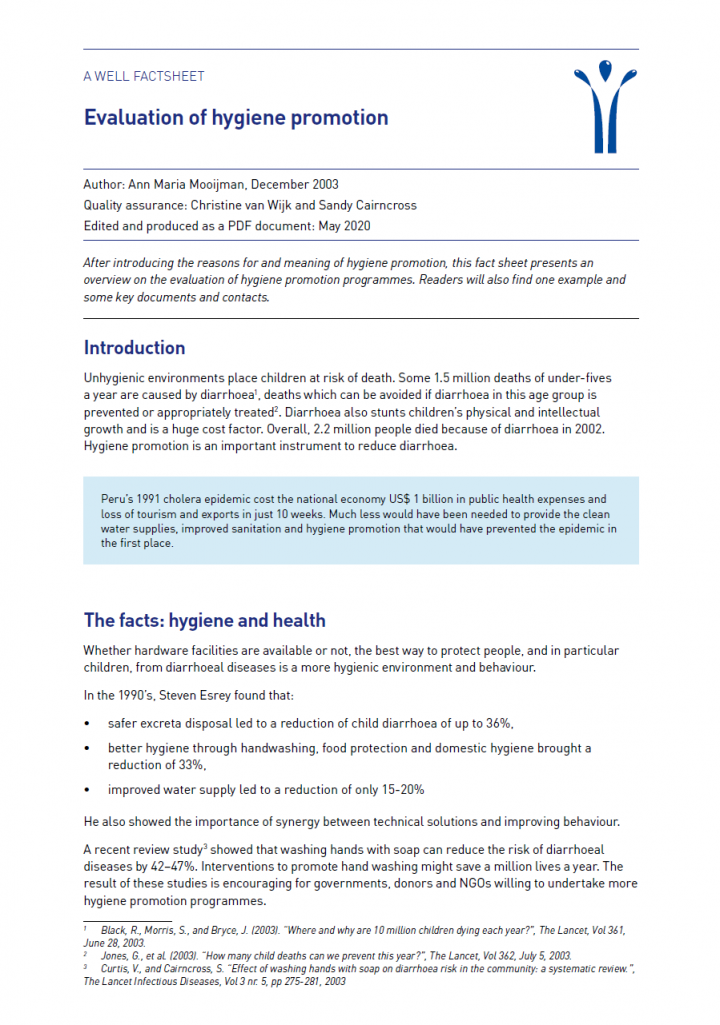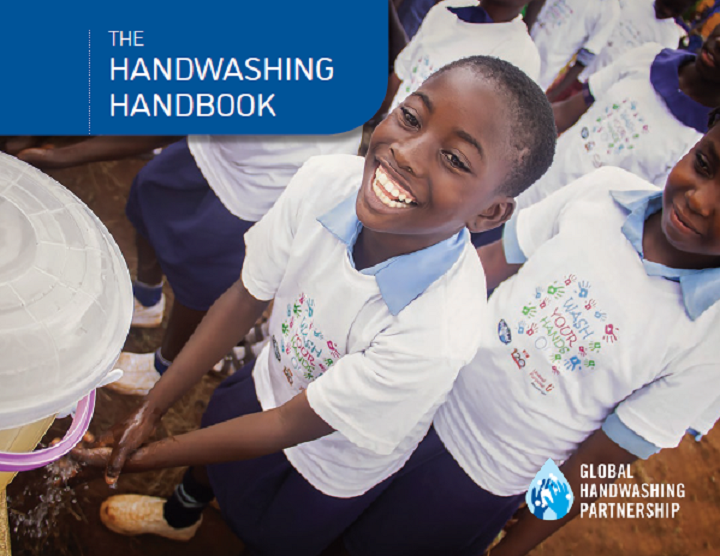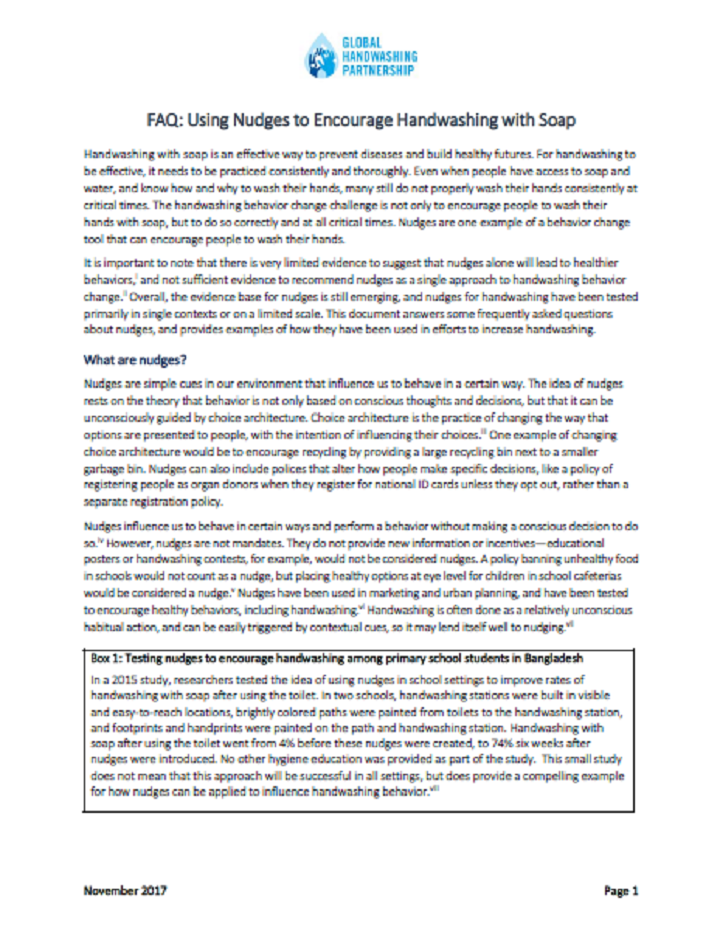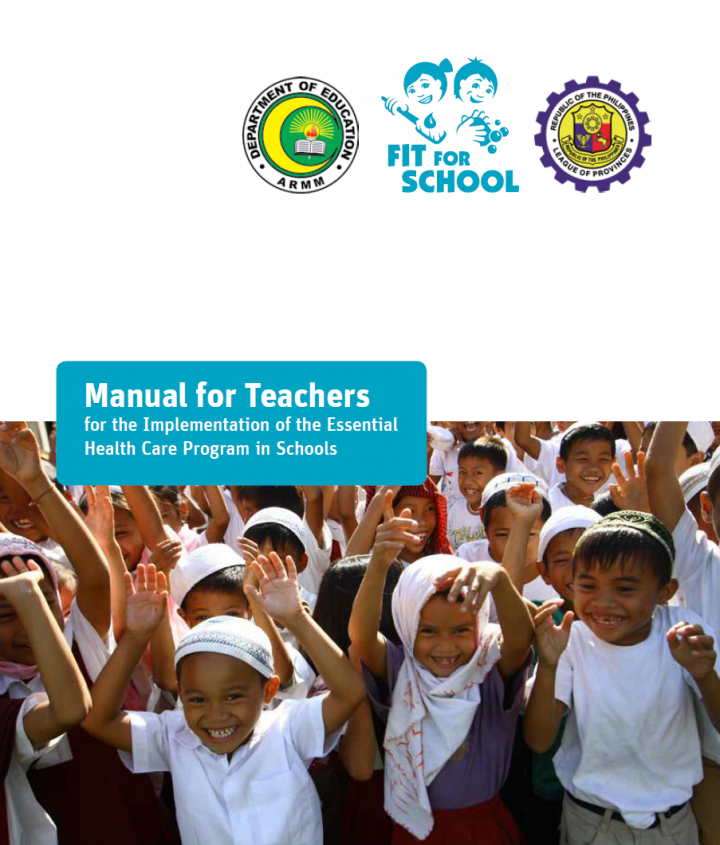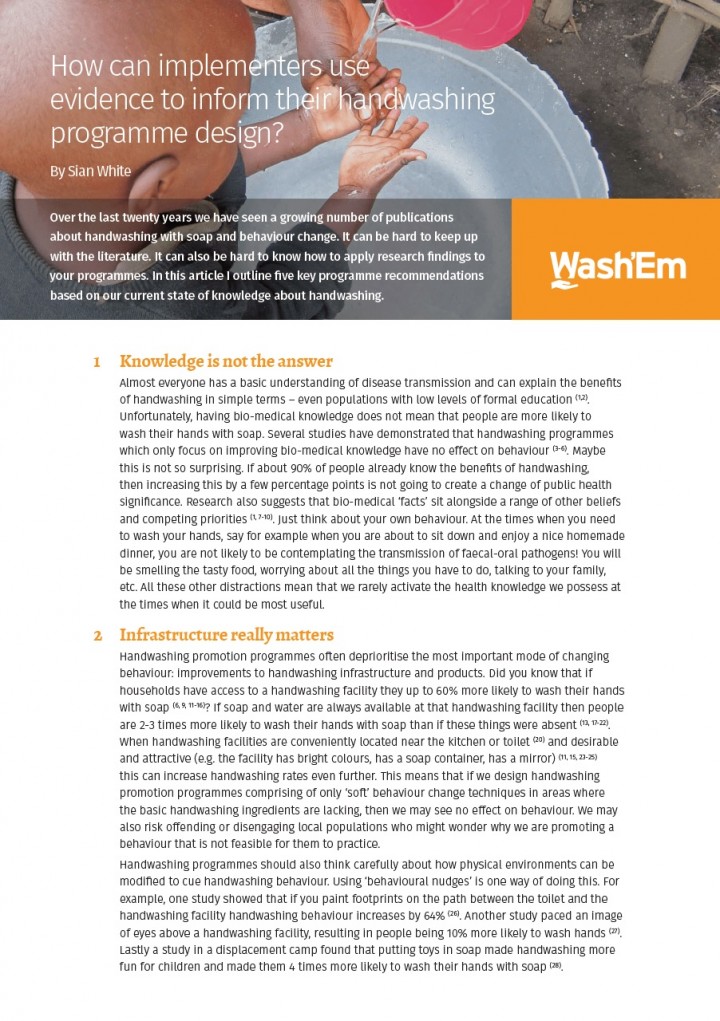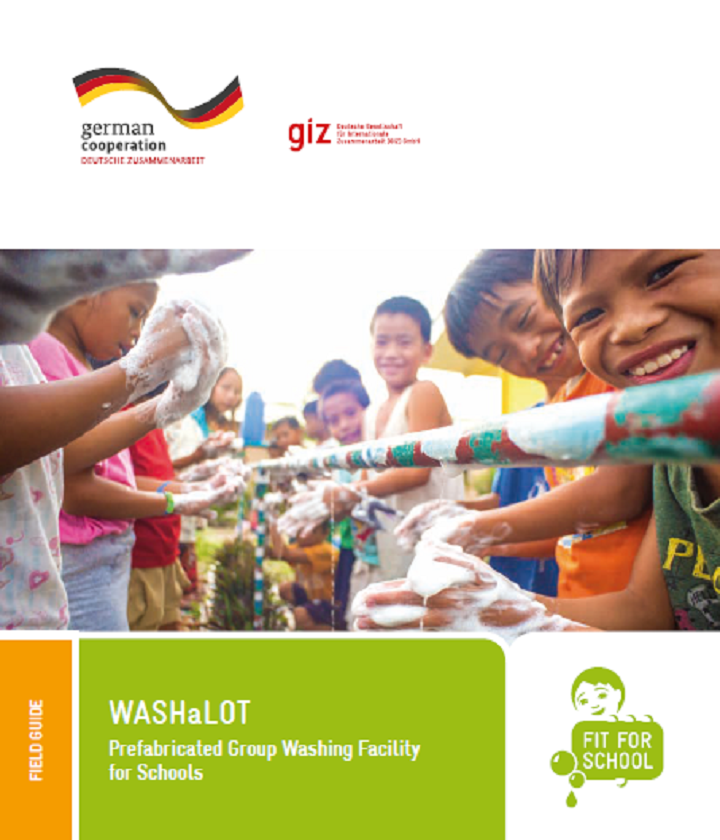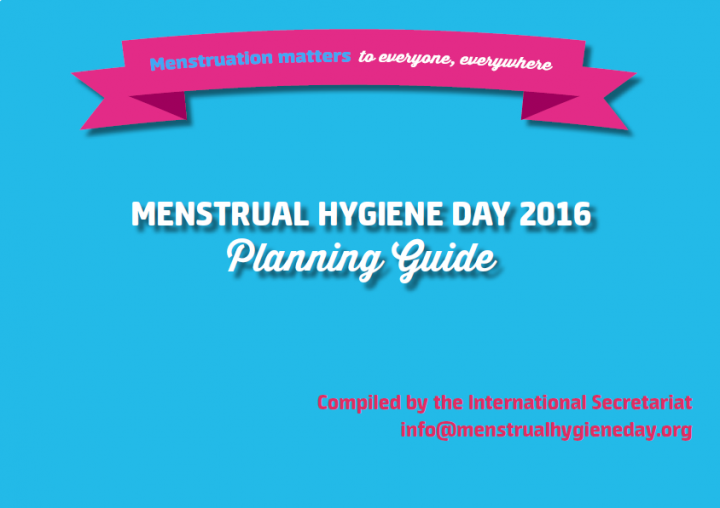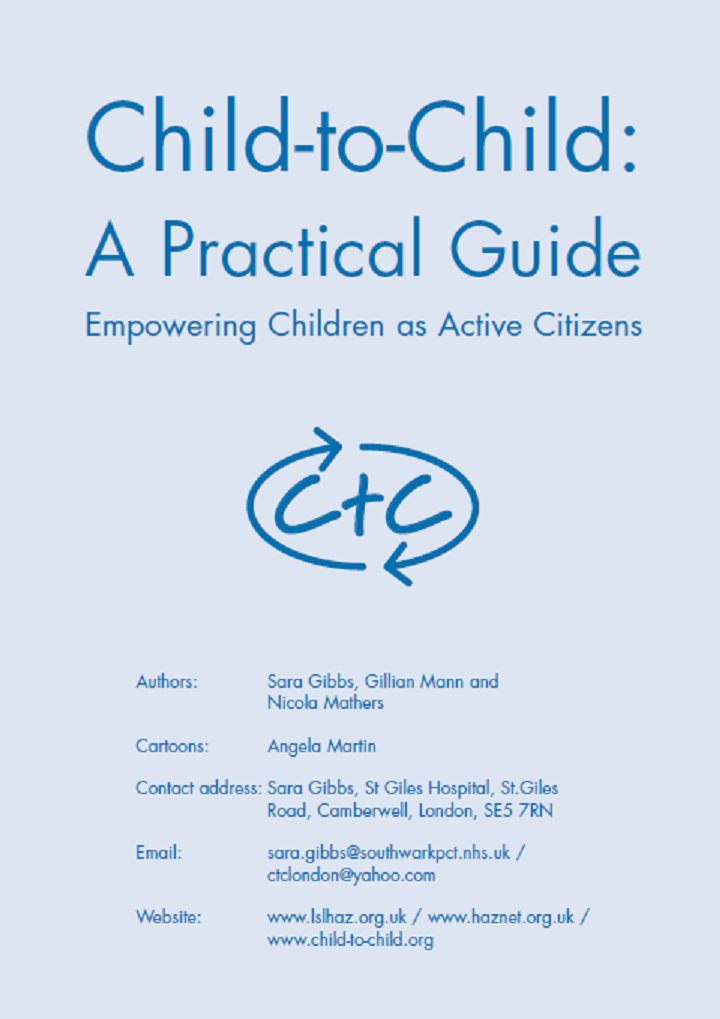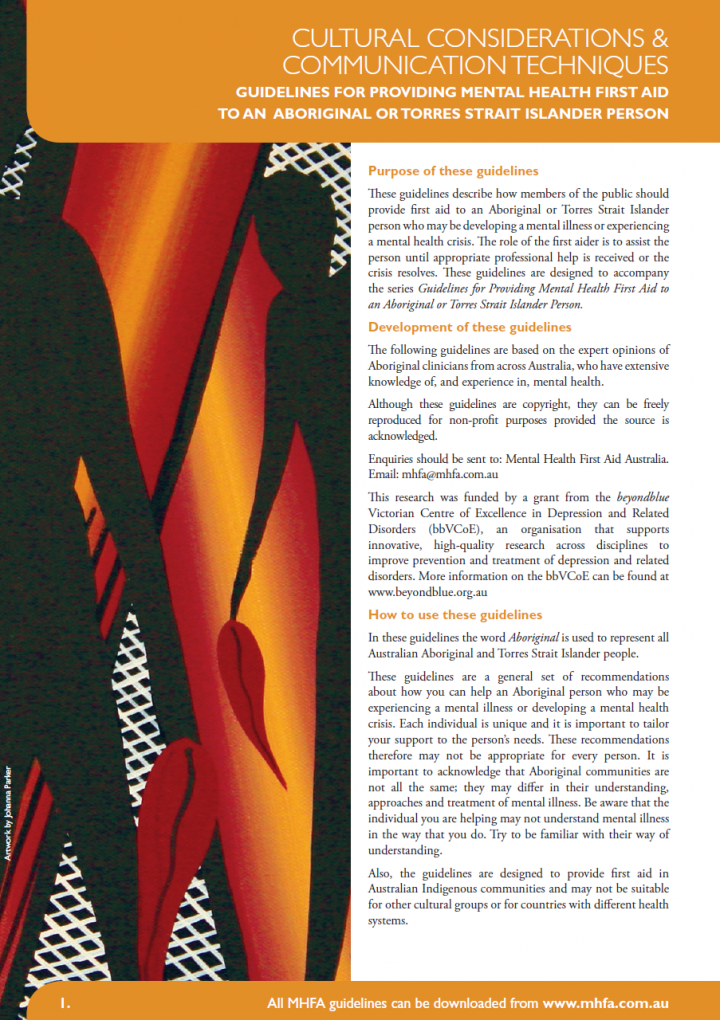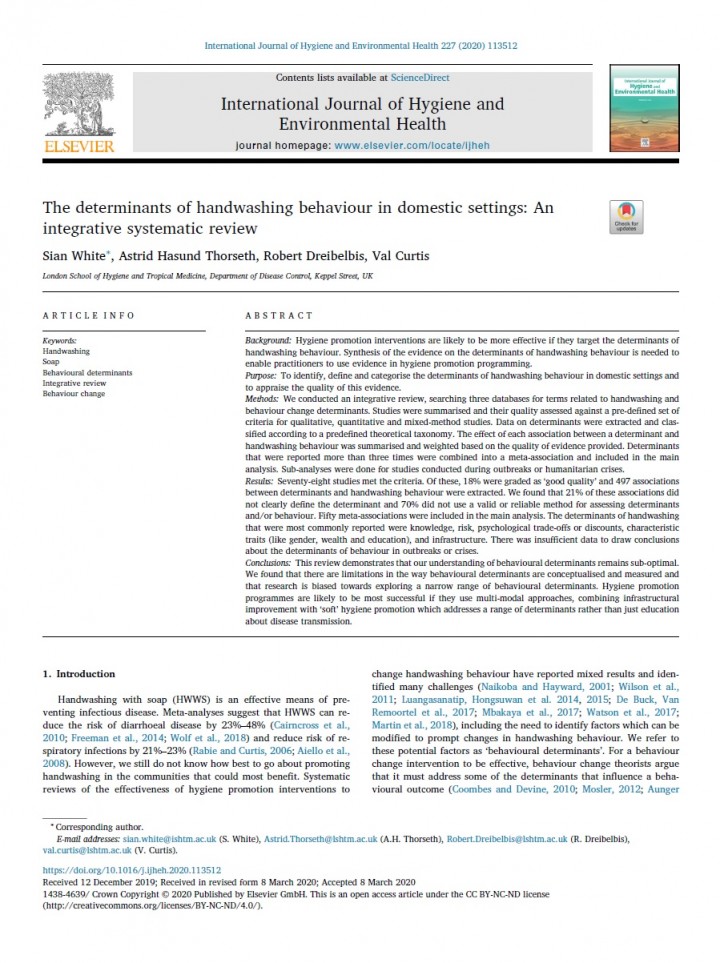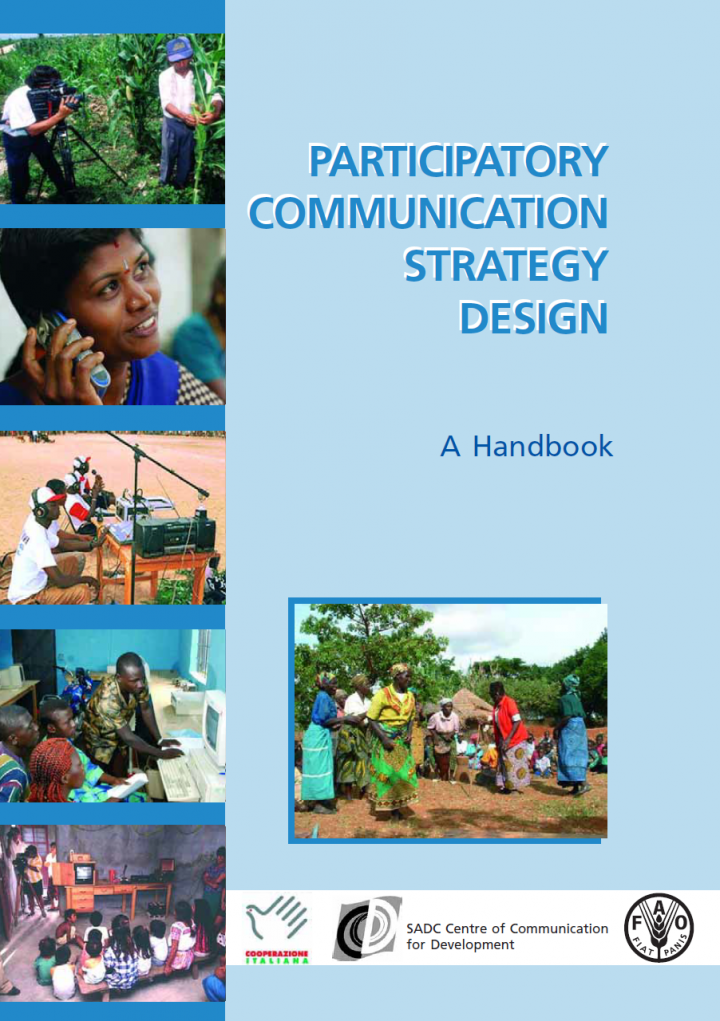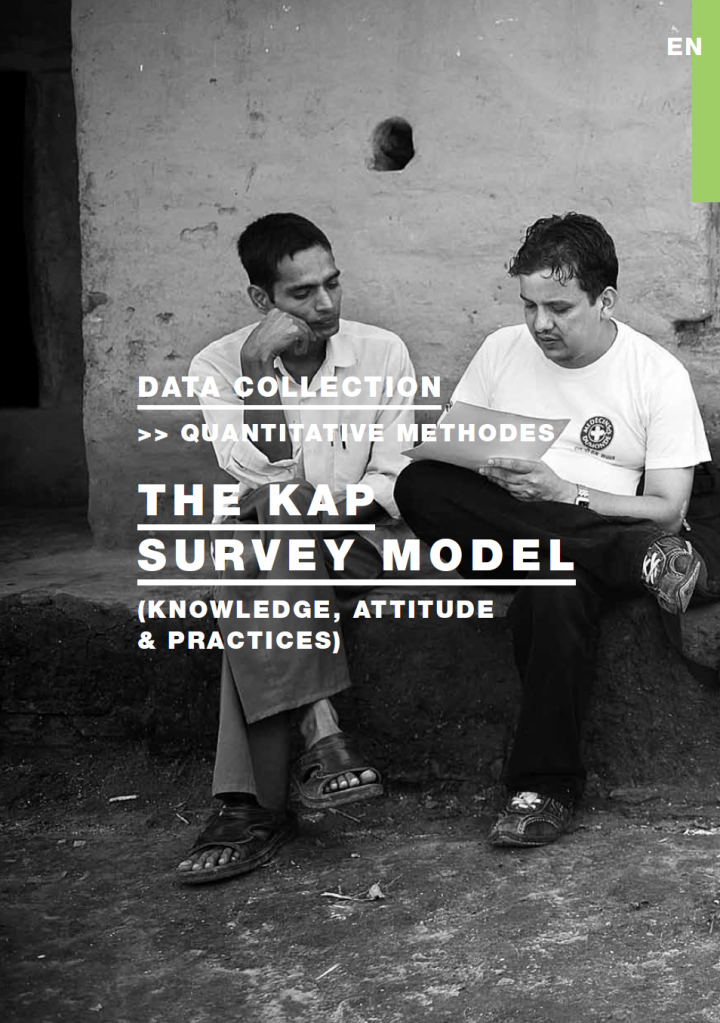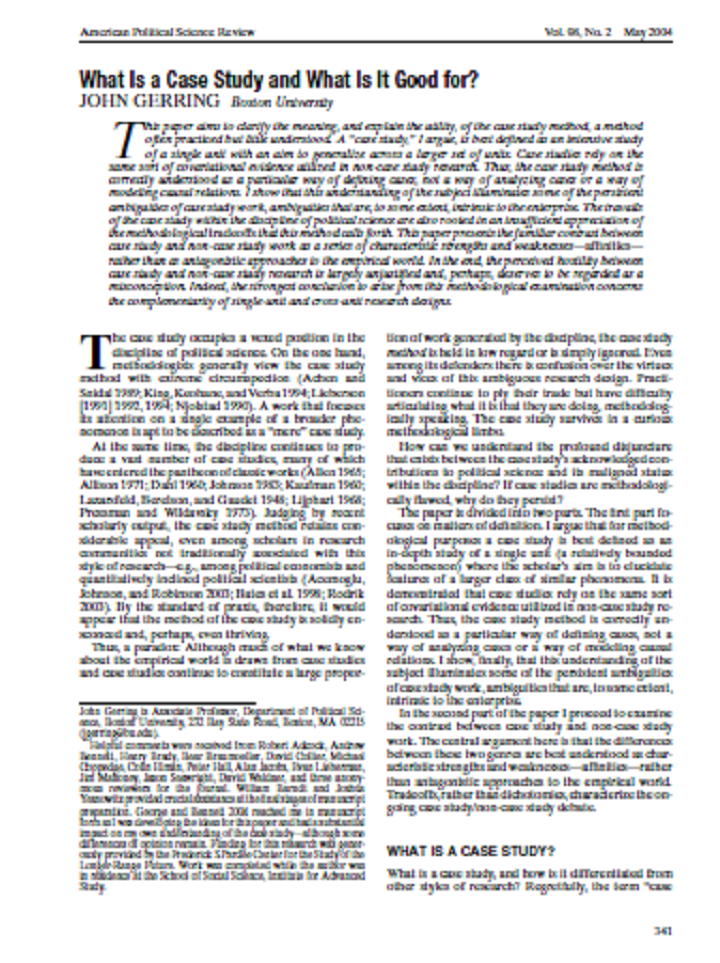WEDC, WaterAid (2013) Accessibility and Safety Audit: Latrine Checklist
The purpose is to examine a sanitation facility, and a) Find out if a physically vulnerable person1 is able to use the facility independently. b) Identify which features make it easy to use, and which features make it difficult to use by a physically vulnerable person. c) Find out if there are any safety concerns around using the facility, particularly for adolescent girls, women and children of different ages. d) Identify […]
Global Protection Cluster (0) Protection Mainstreaming Toolkit. Field Testing Version
Global Handwashing Partnership (2021) 2020 Global Handwashing Day Report
Nabembezi, D., Nabunya, H. (0) Sanitation Marketing: A Handbook for Sanitation Managers and Private Sector Players
In order to address sanitation challenges, accelerate access and sustained use of latrines coupled with good hygiene practices such as hand washing Uganda’s Ministry of Health, together with Plan Uganda, has produced handbooks on sanitation marketing. The aim is to increase awareness and harness momentum for uptake of Sanitation Marketing among stakeholders such as government at policy making level, line ministries, district local government structures […]
Mosler, H.-J., Contzen, N. (2016) Systematic Behavior Change in Water, Sanitation and Hygiene. A Practical Guide Using the RANAS approach
The aim of this manual is to give practitioners a tool to help them when designing an effective behavior change campaign. The methodology is explained step by step, all necessary skills and other requirements are described, and possible pitfalls are noted.
Whaley, L., Webster, J. (2011) The Effectiveness and Sustainability of Two Demand-Driven Sanitation and Hygiene Approaches in Zimbabwe
Since 2000 a number of community-driven sanitation approaches have emerged that counter a historical trend to subsidise the provision of latrines to the poor. This study reports on a set of findings and conclusions concerning the effectiveness and sustainability of two such approaches operating in Zimbabwe, the community health club (CHC) approach and community-led total sanitation (CLTS). Surveys, interviews and focus groups were conducted in […]
White, S., Heath, T., James, K., Lapegue, J. (2018) Designing Evidence-Based and Context-Specific Hygiene Programs in Emergencies: Could There be an App for That?
When a humanitarian crisis occurs the disease risk associated with faecal-oral pathogens substantially increases. Encouraging crisis-affected populations to wash their hands with soap has therefore been a cornerstone of humanitarian response for decades. Recent literature reviews have highlighted that current approaches to hygiene programming are dated and insufficient to realise actual behaviour change. This research explored the factors that determine hygiene behaviour in emergencies and […]
Mooijman, A.M. (2003) Evaluation of Hygiene Promotion. DFID Resource Centre for Water, Sanitation and Health.
Unhygienic environments place children at risk of death. Some 1.5 million deaths of under-fives a year are caused by diarrhoea, deaths which can be avoided if diarrhoea in this age group is prevented or appropriately treated. Diarrhoea also stunts children’s physical and intellectual growth and is a huge cost factor. Overall, 2.2 million people died because of diarrhoea in 2002. Hygiene promotion is an important […]
Global Handwashing Partnership (0) The Handwashing Handbook
This handbook is based on the experience of the Global Handwashing Partnership and presents best practices and new concepts to improve the uptake of handwashing. This handbook updates the approaches shared in the previous Handwashing Handbook, which was published in 2005 by the World Bank with support from the partners of the Global Public-Private Partnership for Handwashing (PPPHW), the original name of the Global Handwashing […]
Global Handwashing Partnership (2017) FAQ: Using Nudges to Encourage Handwashing with Soap
Handwashing with soap is an effective way to prevent diseases and build healthy futures. For handwashing to be effective, it needs to be practiced consistently and thoroughly. Even when people have access to soap and water, and know how and why to wash their hands, many still do not properly wash their hands consistently at critical times. The handwashing behavior change challenge is not only […]
Monse, B., Naliponguit, E., Benzian, H. Heldermann, W. (2014) Manual for Teachers for the Implementation of the Essential Health Care Program in Schools
Education and health go hand in hand. Children need to be healthy to be fit for school. Sadly, too many children in the Philippines are afflicted by everyday ailments that impact largely on their physical and mental development and limit them from getting the most from their education. The majority of Filipino children very often suffers from worm infections, severe tooth decay and from infectious […]
Fit for School (2015) WASHaLOT Field Guide: Prefabricated Group Washing Facility for Schools
The simple hygiene habits of handwashing with soap and toothbrushing significantly contribute to the health and well-being of children and should be part of their education. While the idea of teaching handwashing and toothbrushing in schools has been around for decades, the actual practice of these activities has been hindered by long queues around the washing station. The concept of building school washing facilities that […]
MH Day Alliance International Secretariat (2016) Menstrual Hygiene Day Planning Guide
This document will help you plan for Menstrual Hygiene Day 2016. It is meant to give you guidance and inspiration for all your activities.
Gibbs, S., Mann, G., Mathers, N. (2002) Child-to-Child: A Practical Guide. Empowering Children as Active Citizens
Mental Health First Aid Australia (2008) Cultural Considerations and Communication Techniques. Guidelines for Providing Mental Health First Aid to an Aboriginal or Torres Strait Islander Person
These guidelines describe how members of the public should provide first aid to an Aboriginal or Torres Strait Islander person who may be developing a mental illness or experiencing a mental health crisis. The role of the first aider is to assist the person until appropriate professional help is received or the crisis resolves. These guidelines are designed to accompany the series Guidelines for Providing […]
White, S., Thorseth, A. H., Dreibelbis, R., Curtis, V. (2020) The Determinants of Handwashing Behaviour in Domestic Settings: An Integrative Systematic Review
Background: Hygiene promotion interventions are likely to be more effective if they target the determinants of handwashing behaviour. Synthesis of the evidence on the determinants of handwashing behaviour is needed to enable practitioners to use evidence in hygiene promotion programming. Purpose: To identify, define and categorise the determinants of handwashing behaviour in domestic settings and to appraise the quality of this evidence. Methods: We conducted an integrative […]
Mefalopulos P., Kamlongera, C. (2004) Participatory Communication Strategy Design
This Handbook has been prepared as a training and field guide for designing, implementing and managing communication strategies for development purposes based on the results of field Participatory Rural Communication Appraisal (PRCA). The book is a follow up to Participatory Rural Communication Appraisal: Starting with the People. As a logical continuation of the intervention initiated through PRCA, the methodology described in the present handbook outlines […]
Médecins du Monde (2012) The KAP Survey Model. Knowledge Attitude and Practices. Steps and Rules for the Preparation and Implementation of Quantitative Surveys
The aim of this paper is to present the different steps and rules for the preparation and implementation of quantitative surveys which must be rigorously implemented in order to make full use of the results (i.e. capturing representative data, applicable to the entire population).
Gerring, J. (2004) What Is a Case Study and What Is It Good for?
This paper aims to clarify the meaning, and explain the utility, of the case study method, a method often practiced but little understood. A “case study,” I argue, is best defined as an intensive study of a single unit with an aim to generalize across a larger set of units. Case studies rely on the same sort of covariational evidence utilized in non-case study research. […]
